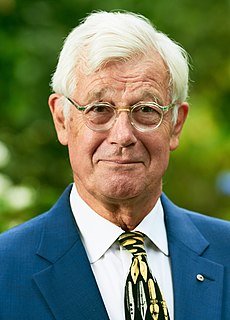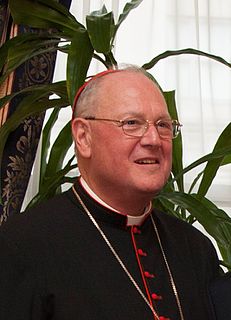A Quote by Erich Fromm
The most important misunderstanding seems to me to lie in a confusion between the human necessities which I consider part of human nature, and the human necessities as they appear as drives, needs, passions, etc., in any given historical period.
Related Quotes
In work we act under the predominant motive of external, rational necessities; in pleasure, under the predominant motive of other, equally general necessities of human nature. Rest or recreation is the element in which the personality seeks to renew its strength from these stimuli that exhaust the reserve of human resources. It's an element introduced into life by the person himself.
Of all the animals with which this globe is peopled, there is none towards whom nature seems, at first sight, to have exercised more cruelty than towards man, in the numberless wants and necessities with which she has loaded him, and in the slender means which she affords to the relieving these necessities.
Human language has a vocabulary suited to our daily needs and functions: the shape of any human language maps approximately to the needs and activities of our mundane lives. But few would deny that there is another dimension of human existence which transcends the mundane: call it the soul, the spirit: it is that part of the human frame which sees the shimmer of the numinous.
We're into an age of excessive individuals, all right. We're into the age were independence, autonomy, convenience, sometimes selfishness. The new trinity of me, myself and I, seems to dominate. We know that's contrary to the very nature of the human person. The very nature of the human person needs God and needs other people.
No matter what part of the world we come from, we are all basically the same human beings. We all seek happiness and try to avoid suffering. We have the same basic human needs and concerns. All of us human beings want freedom and the right to determine our own destiny as individuals and as peoples. That is human nature.
The experience I'm talking about has given me one certainty: the salvation of this human world lies nowhere else than in the human heart, in the human power to reflect, in human meekness and in human responsibility. Without a global revolution in human consciousness, nothing will change for the better, and the catastrophe toward which this world is headed will be unavoidable.
A too great disproportion among the citizens weakens any state. Every person, if possible, ought to enjoy the fruits of his labour, in a full possession of all the necessities, and many of the conveniences of life. No one can doubt, but such an equality is most suitable to human nature, and diminishes much less from the happiness of the rich than it adds to that of the poor.


































